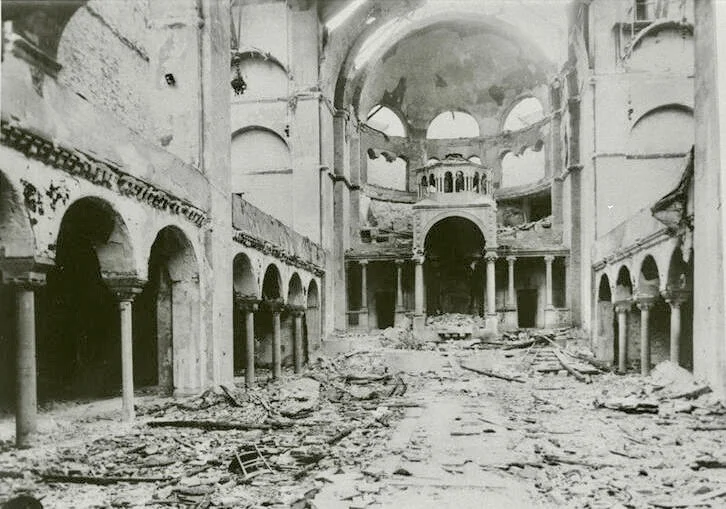The significance of Kristallnacht—a turning point in global history—paints a fearsome picture for its 2018 doppelganger.
All tagged Trump
Neither Grand, Nor Old, But Something New and Nasty
If any lesson should be drawn from contemporary U.S. politics, it is that fear is the staple of the Republican Party.
The GOP's Sacrifice
But actually, what is even happening right now?
The Curious Timing of the U.S. Withdrawal from U.N. Human Rights Council
Despite the seeming recklessness of the move to withdraw from the HRC, the move is inherently strategic and points to extensive forethought within the Administration.
The Singapore Summit: Little More than Theatrics
North’s de-escalation is a strategic, carefully calculated step that began with Kim Jong Un’s New Year’s speech and culminated with the Singapore summit.
Something Wicked This Way Comes
Domestic stability and national security go hand in hand with this particular problem, but it seems that few truly understand what is at risk.
No Permanent Friends, Only Permanent Enemies: National Security in the Trump Era
It seems that experienced foreign policy wonks and the newcomers of the of the Trump Administration are at odds in the latest National Security Strategy.
Mueller’s Manafort Mania
If events like this were occurring while the Cold War raged—during Ronald Reagan’s presidency, for example—the country would be in an uproar.
Can Refrigerants Be Sexy?
The U.S. phasing out HFCs alone would account for 9% of cuts pledged in its Paris Agreement contribution.
There Is Opportunity In Every Brexit
A comprehensive deal with the U.K. offers a good opportunity to achieve both. It’s time to start negotiating.
Republican Health Care Plans Are Unpopular. Do They Really Care?
Current gerrymandering makes Republicans virtually invincible to voter backlash for bad policy.
Uncharted Waters: Salvaging A Crumbling Alliance
The U.S. doesn't get to pick whether its strategic allies are guardians or abusers of human rights.












